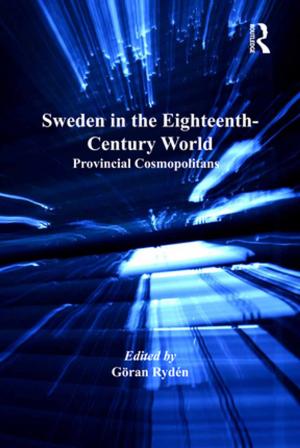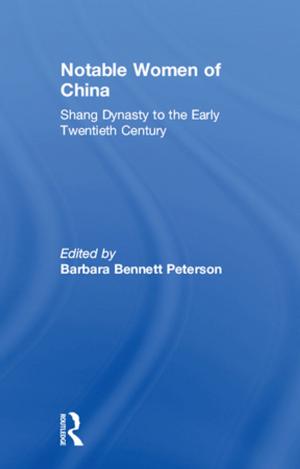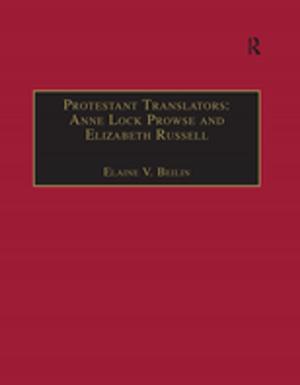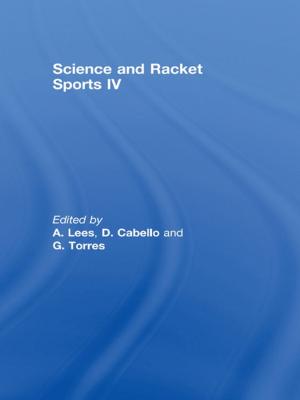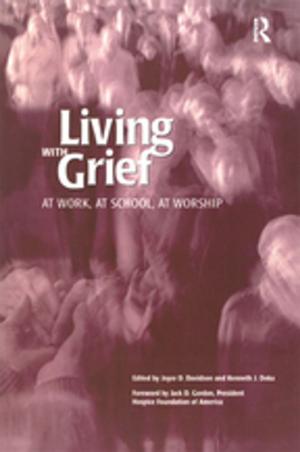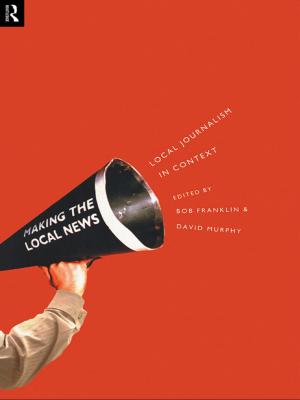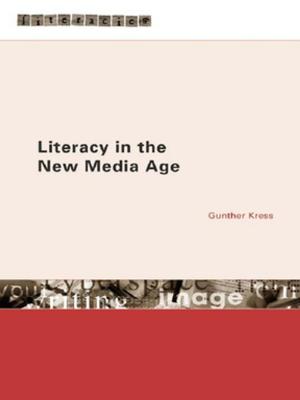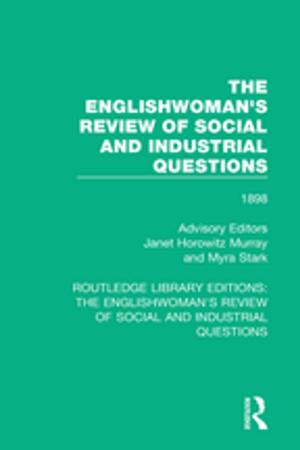Degrees of Freedom
Liberal Political Philosophy and Ideology
Nonfiction, Social & Cultural Studies, Political Science| Author: | Edwin Van de Haar | ISBN: | 9781351523080 |
| Publisher: | Taylor and Francis | Publication: | February 6, 2018 |
| Imprint: | Routledge | Language: | English |
| Author: | Edwin Van de Haar |
| ISBN: | 9781351523080 |
| Publisher: | Taylor and Francis |
| Publication: | February 6, 2018 |
| Imprint: | Routledge |
| Language: | English |
Liberalism has been the leading political theory of the past three hundred years and, by far, the most dominant ideology. Many think tanks are associated with liberal ideas, and most Western countries are considered liberal democracies. But does liberalism really cover the wide range of political ideas found in Western civilization? Degrees of Freedom examines liberalism's universal claims and explains how liberal thinkers formulated insights that apply to all aspects of politics. It also contrasts liberalism and conservatism.
Edwin van de Haar divides liberalism into three main variants: classical liberalism, social liberalism, and libertarianism. Without claiming that this is the only possible categorization of liberalism, he argues that this subdivision is the most comprehensible way out of liberal confusion. He explores how these forms of liberalism, found in popular parlance, relate to liberal political theory and ideology. Domestic politics and international relations are presented as a whole, in the firm belief that one cannot meaningfully present an overview of any tradition in political theory by stopping at national borders.
Liberalism has been the leading political theory of the past three hundred years and, by far, the most dominant ideology. Many think tanks are associated with liberal ideas, and most Western countries are considered liberal democracies. But does liberalism really cover the wide range of political ideas found in Western civilization? Degrees of Freedom examines liberalism's universal claims and explains how liberal thinkers formulated insights that apply to all aspects of politics. It also contrasts liberalism and conservatism.
Edwin van de Haar divides liberalism into three main variants: classical liberalism, social liberalism, and libertarianism. Without claiming that this is the only possible categorization of liberalism, he argues that this subdivision is the most comprehensible way out of liberal confusion. He explores how these forms of liberalism, found in popular parlance, relate to liberal political theory and ideology. Domestic politics and international relations are presented as a whole, in the firm belief that one cannot meaningfully present an overview of any tradition in political theory by stopping at national borders.

